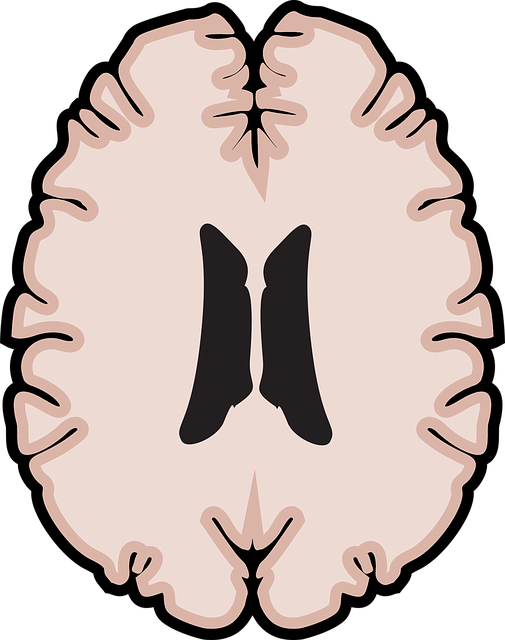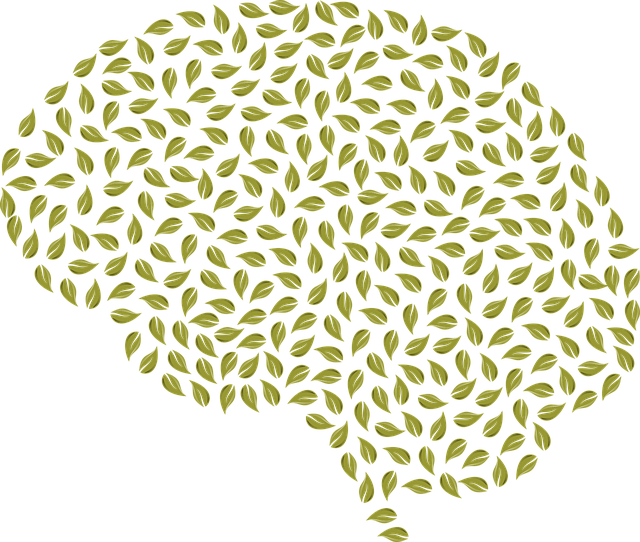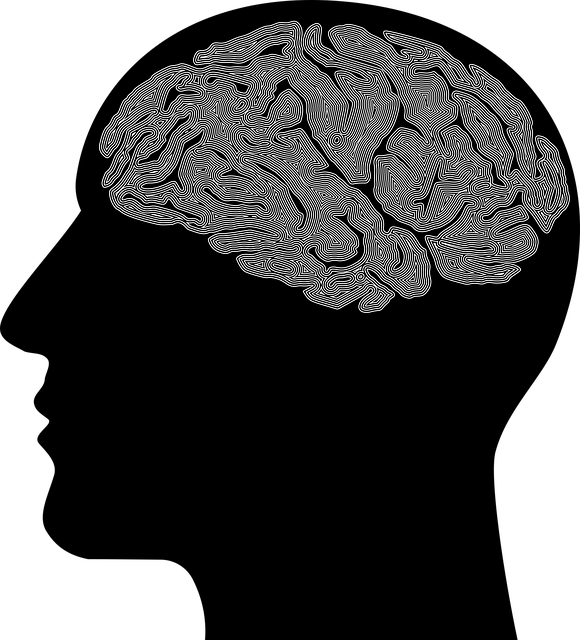Englewood Hebrew Speaking Therapy (EHST) focuses on building resilience through innovative practices tailored to individual needs. Using the RFM (Recovery, Flexibility, Mastery) model, therapists guide clients through reconsidering traumatic experiences, facilitating healthy coping mechanisms, and mirroring positive behaviors. Personalized programs integrating mindfulness, cognitive reframing, and goal-setting enhance emotional regulation, adaptability to stress, and control over life challenges. EHST's holistic approach benefits immigrants overcoming language barriers and trauma survivors, improving mental health awareness and success in Mental Health Education Programs.
Resilience is a cornerstone of therapeutic success, empowering individuals to overcome challenges and thrive. In this article, we explore how the RFM (Reconsider-Facilitate-Mirror) model enhances resilience building through structured exercises. Drawing from the practices of Englewood Hebrew Speaking Therapy, we delve into the significance of understanding resilience in therapy and its practical applications using the RFM framework. Discover effective strategies to foster resilience, offering hope and empowerment for those navigating life’s difficulties.
- Understanding Resilience and its Importance in Therapy
- The Role of RFM (Reconsider-Facilitate-Mirror) in Building Resilience
- Practical Exercises for Enhancing Resilience Using the RFM Model
- Case Studies: Englewood Hebrew Speaking Therapy in Action
Understanding Resilience and its Importance in Therapy

Resilience is a pivotal concept in therapy, representing an individual’s capacity to adapt and bounce back from adversity, trauma, or stress. It’s not merely about enduring difficult situations but thriving and growing as a result. At Englewood Hebrew Speaking Therapy, we recognize that building resilience is essential for mental well-being and personal growth.
Developing resilience empowers individuals to navigate life’s challenges with greater ease, enhancing their ability to cope with stress, anxiety, and even post-traumatic experiences. Through targeted exercises and strategies, our therapists guide clients in cultivating self-care practices and fostering a sense of inner strength. This includes promoting Self-Care Practices and integrating them into daily routines, which can significantly contribute to the Public Awareness Campaigns Development aimed at improving mental health and Anxiety Relief within communities.
The Role of RFM (Reconsider-Facilitate-Mirror) in Building Resilience

The RFM (Reconsider-Facilitate-Mirror) model is a powerful tool in the realm of resilience building exercises, particularly relevant to the context of Englewood Hebrew Speaking Therapy. This approach encourages individuals to reconsider past traumatic experiences, facilitate healthy coping mechanisms, and mirror positive behaviors, fostering emotional healing processes. By employing this strategy, therapy sessions become dynamic and tailored to each client’s unique needs, addressing not just symptoms but also the underlying causes of resilience gaps.
Englewood Hebrew Speaking Therapy leverages RFM’s cultural sensitivity in mental healthcare practice, ensuring that interventions are inclusive and relevant to diverse backgrounds. This method promotes a sense of safety and trust, making it easier for clients to explore and process difficult emotions. Moreover, integrating these exercises into treatment plans can enhance the overall effectiveness of trauma support services, ultimately strengthening individuals’ ability to navigate life’s challenges with enhanced resilience.
Practical Exercises for Enhancing Resilience Using the RFM Model

Resilience is a vital asset in navigating life’s challenges, and the RFM (Recovery, Flexibility, Mastery) model offers a practical framework for enhancing this skill. Englewood Hebrew Speaking Therapy recognizes the value of integrating this model into therapy sessions to empower individuals with effective coping mechanisms. The RFM approach encourages clients to focus on three key aspects: recovery from past traumas or setbacks, cultivating mental flexibility in response to stress, and gaining a sense of mastery over one’s life.
Practical exercises within this model include mindfulness practices for emotional regulation, cognitive reframing techniques to challenge negative thought patterns, and goal-setting strategies for fostering a sense of control. By engaging in these activities, individuals can improve their ability to bounce back from adversities, adapt to changing circumstances, and take charge of their mental and emotional well-being. The Englewood Hebrew Speaking Therapy team designs personalized programs that incorporate these resilience-building techniques, ultimately contributing to the success of Mental Health Education Programs and boosting clients’ confidence in managing their lives effectively.
Case Studies: Englewood Hebrew Speaking Therapy in Action

Englewood Hebrew Speaking Therapy (EHST) is a leading example of how innovative practices can revolutionize mental health support. Through their unique approach, EHST combines language therapy with resilience-building exercises, demonstrating the power of tailored interventions for diverse communities. By focusing on both verbal communication and emotional well-being promotion techniques, they address a holistic need within their community.
The therapy sessions at EHST are meticulously designed to foster inner strength development in individuals from all walks of life. Whether it’s helping immigrants navigate linguistic barriers or supporting those dealing with trauma, the case studies highlight remarkable success stories. Their methods not only enhance communication but also build resilience, ensuring that participants develop the mental health awareness and coping mechanisms necessary to thrive.
The RFM model, as demonstrated by the successful practices of Englewood Hebrew Speaking Therapy, offers a powerful framework for building resilience in therapy. By focusing on re-considering perspectives, facilitating open dialogue, and mirroring emotional responses, therapists can empower individuals to navigate challenges with greater strength and adaptability. These exercises not only enhance coping mechanisms but also foster a deeper understanding of one’s emotions and strengths, ultimately leading to improved mental well-being.














